20 Improvised Decisions That Left A Mark On History
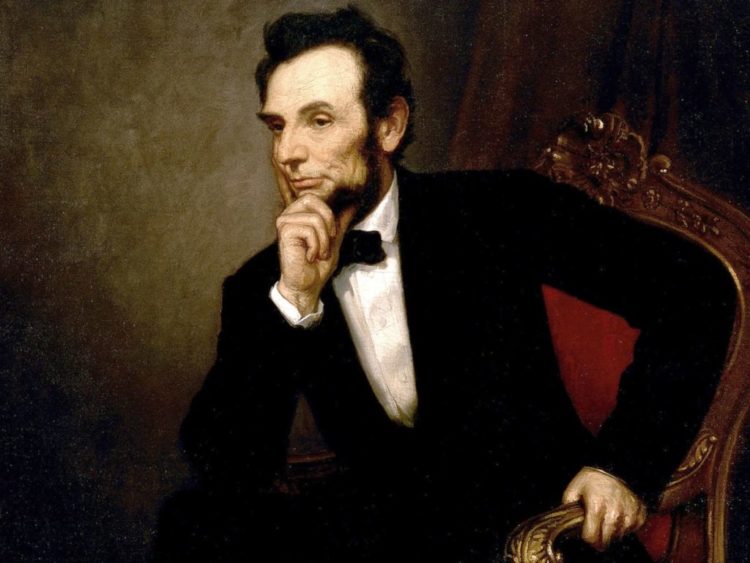
Learning about the intricate details of world history can be truly fascinating. Without a doubt, many decisions that were made in the past still have an impact today. Those in the past probably didn’t know that some of the decisions that were made off the cuff would totally alter the course of history.
Let’s take a second look at some of the most important split-second decisions ever made that not only were last-minute decisions but have had such a monumental impact on the world that no one could have ever imagined.
#20 – The Most Iconic Speech
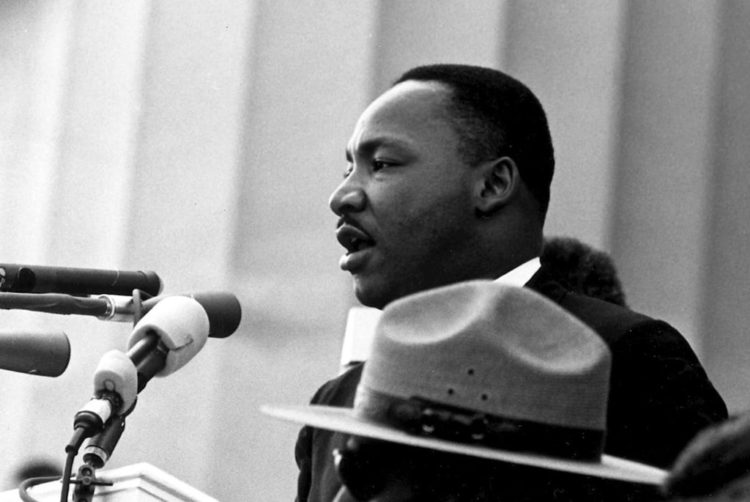
Martin Luther King Jr. is an emblematic figure of the Civil Rights Movement, which reached its peak in the 1960s. His message against racism made an echo that reverberated with many Americans. There was one particular decision he made that wasn’t planned beforehand.
The event in question took place in 1963 in Washington, D.C. When speaking at the Washington Monument, King delivered his famous “I Have A Dream” speech. The recurrent use of this phrase wasn’t actually planned to be in it, though it clearly made its mark on history.
#19 – An Accident No One Saw Coming
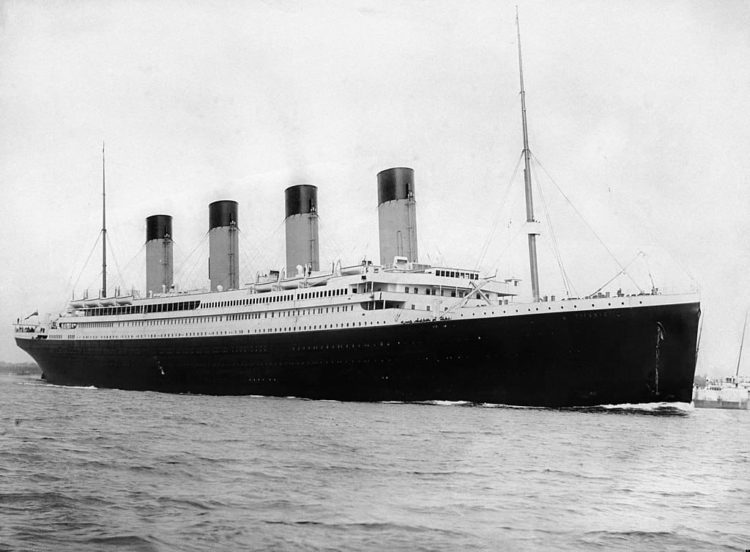
At the time of its maiden voyage in 1912, nothing compared to the size and magnitude of the Titanic. The ship set sail with 2,200 people on board: it’s needless to say that they were not even a bit worried since this great mass of steel and iron was thought to be “unsinkable.”
Three days after having left England, the ship hit an iceberg. But why didn’t anybody spot it earlier? The second officer was left onshore because of unknown reasons, and unluckily for the passengers, he had the keys that opened the locker to a pair of binoculars.
#18 – A Trip To The Theater
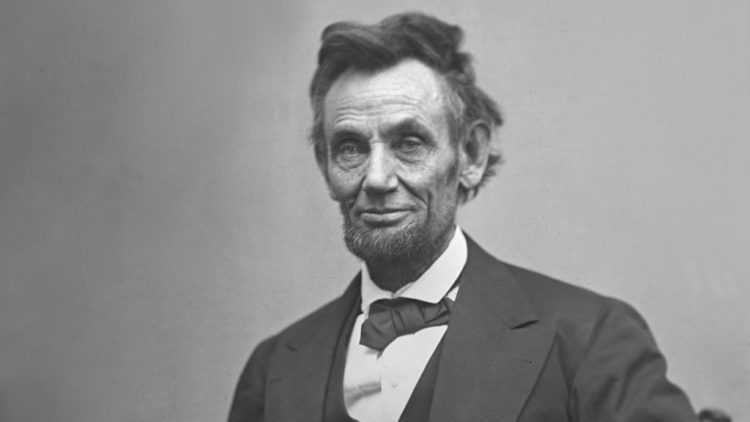
Abraham Lincoln was President of the United States during very troublesome times. In 1865, Lincoln became fixated on going to the theater to see the play Our American Cousin. In the days before the show, every friend of his turned down an invitation and even his bodyguard thought it might be a bad omen.
In spite of this, the President was determined to go to the theater, and since his presence was already expected, he turned up. While he was sitting in his box without his bodyguard, John Wilkes Booth assassinated him, thus changing the course of American politics.
#17. Laundry Day
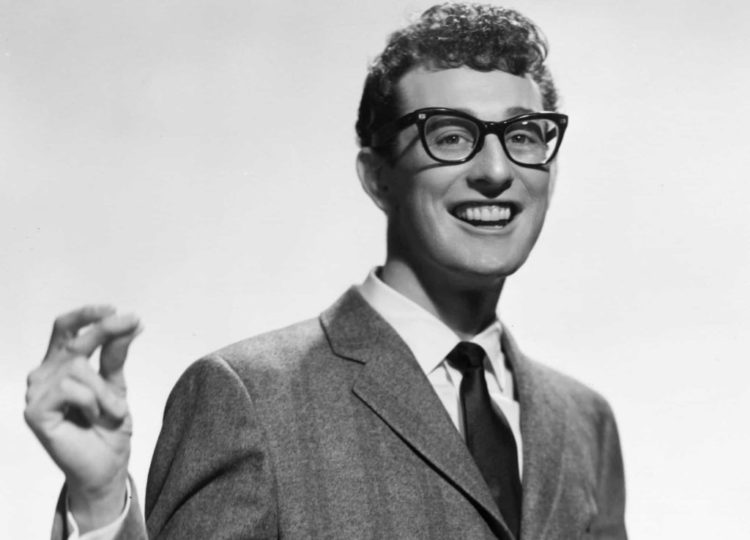
Music superstar Buddy Holly made a decision in 1959 that would have a terrible outcome. One thing is for certain: next time you’re feeling lazy with laundry, remember the following piece of advice.
While he was on tour alongside his band, the musician noticed his laundry was stacking up. That made him realize how tired he really was of traveling by bus, so he decided to take a plane to the next gig. Tragically, the plane went down and the world lost a musical genius.
#16. Pardoning His Life
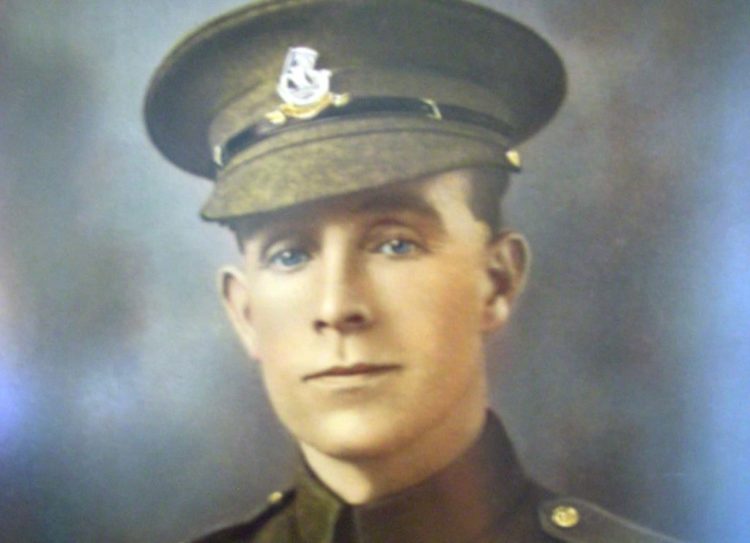
Henry Tandey was born in 1891 and served as a British soldier in World War I. He received the Victoria Cross, the highest award given for gallantry in the face of an enemy. He was known as a brave, compassionate man, and went down in history for a key decision he made during the war.
After a battle ended, he spotted a soldier from the enemy flank. He decided against shooting the enemy since they weren’t really in combat and there was no threat. Little did he know that the man whose life he spared was the future Chancellor of Germany, Adolf Hitler.
#15. Bad Habits With Surprising Results
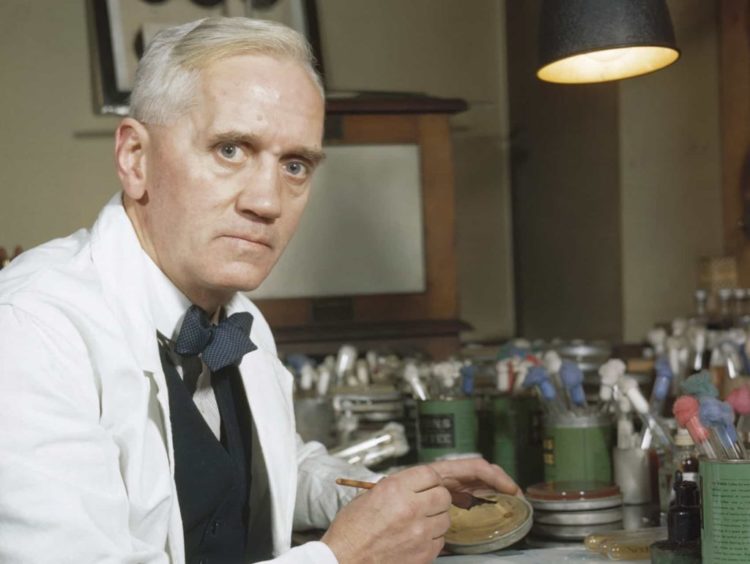
The brilliant Dr. Alexander Fleming was extremely untidy and hated washing the dishes. In 1928, Fleming forgot to clean some Petri dishes that contained staphylococci bacteria and left them in the dishes until he came back from vacation.
Upon returning, he realized a mold had grown in the petri dish and had killed most of the bacteria. Believe it or not, thanks to that silly decision he made before his vacation, the scientist discovered penicillin. He revolutionized medicine and was honored with a Nobel Prize.
#14. A Careless Mistake That Lost The War
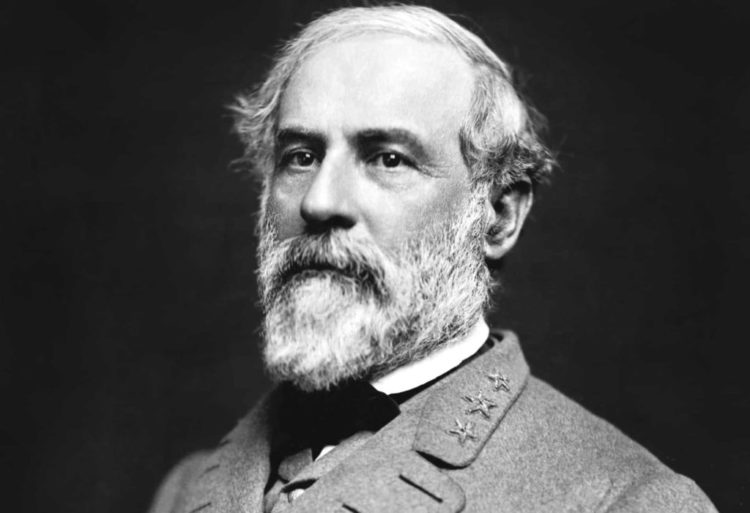
During the American Civil War, the Federalists lost the key battle of Antietam and they were greatly weakened. The General in charge, Robert E. Lee, made sure to carry out a carefully thought-out plan of combat. However, he made a sorry mistake.
Amidst the planning for combat, Lee decided to ensure the safety of the plans to Major Hill. It turns out that Hill carelessly hid the plans in a cigar box. The Unionists easily got a hold of them, allowing their soldiers to win the battle and gain strength.
#13. A Carriage Problems Lead To Beheading
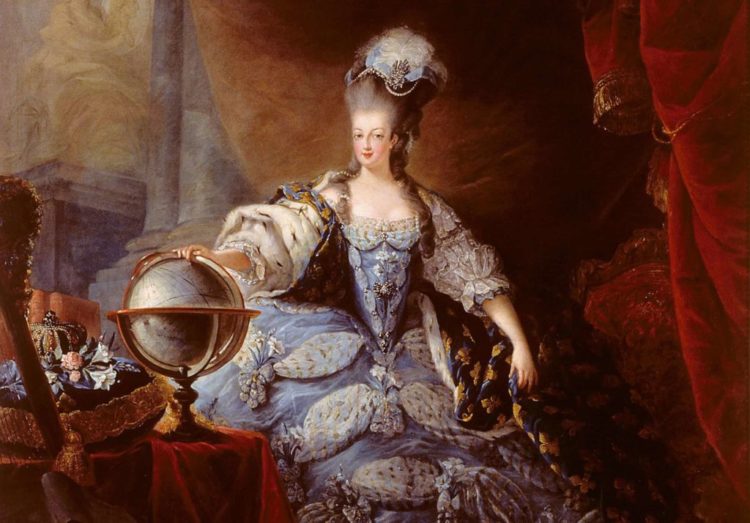
Marie Antoinette was the last Queen of France before the French Revolution. In 1791 when tensions began to grow, the royal family made the decision to leave the country before it was too late, but Marie Antoinette decided that she didn’t like the plan.
The idea was to separate the family and leave in two carriages as quickly as possible. However, the idea of separating didn’t go well with her, so instead they used a single but bigger and much more recognizable carriage. Consequently, the family was found, captured, and sent to the guillotine.
#12. The Effects Of Bad Weather
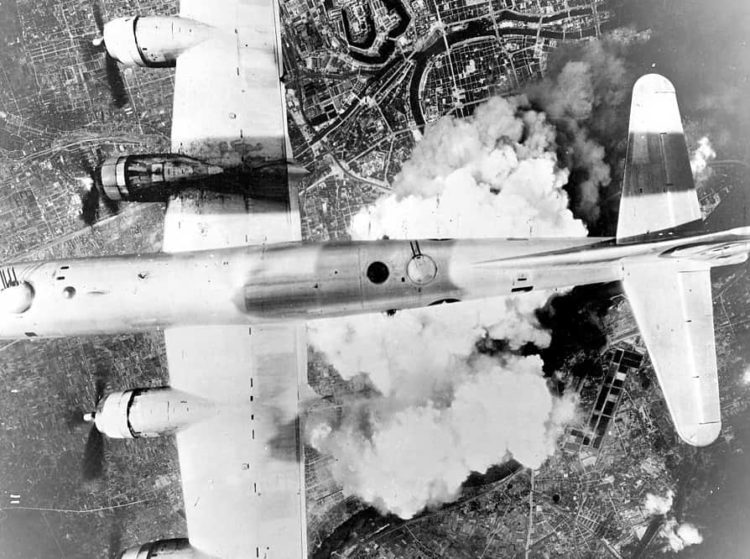
The two atomic bombs dropped by the USA during World War II forced Japan to surrender, and shortly after, the war came to an end. But even though the bombing of Nagasaki and Hiroshima is common knowledge, very few people are aware of the following.
The bomber aboard the deadly plane was meant to drop its cargo on the city of Kokura. Since it was quite cloudy and the conditions were not adequate, his instructions led him to pick Nagasaki instead. Thus, by pure luck, the people and the city of Kokura were saved.
#11. Failed Assassination Attempts
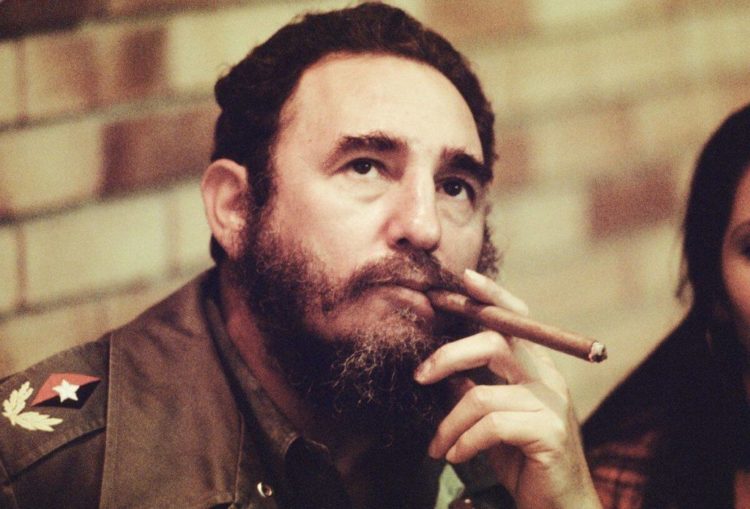
Fidel Castro became the leader of Cuba in 1959 through a nationalist revolution that later turned communist. Throughout several American presidencies, numerous amounts of plots were thought out in order to kill the leader, but none were a success.
One of the most audacious plans was carried out by a woman named Marita Lorenz. She was hired by the CIA to seduce and kill Castro. However, things went awry and instead they engaged in a love affair. After that, she just didn’t feel like murdering the Cuban leader.
#10. The Breakout Of The First World War
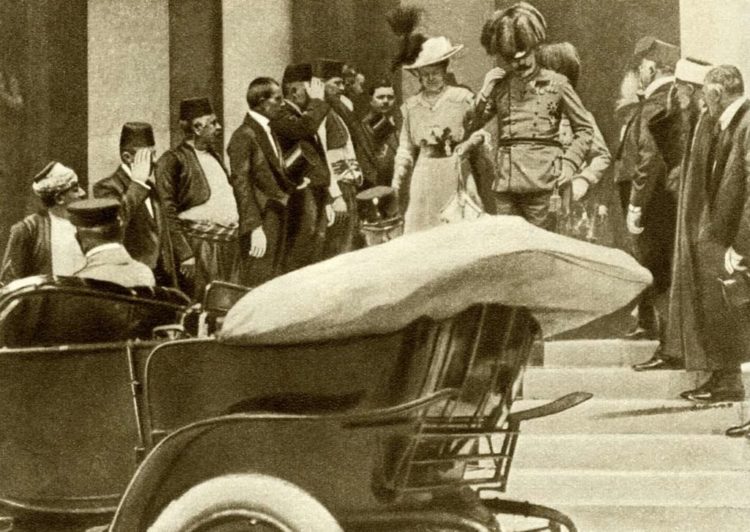
Many know the Assassination of Archduke Franz Ferdinand as the defining moment that led to World War I. He was actually about to become the leader of the Austro-Hungarian Empire, and he had a close network of allies that declared war as soon as the incident happened.
While he was in Sarajevo in 1914, a group of men organized his assassination. The original plan failed, and as a consequence, his scheduled car ride had to take a different route. By pure coincidence, one of the assassins was on the same street and had the opportunity to go through with his mission.
#9. Sitting On A Bus
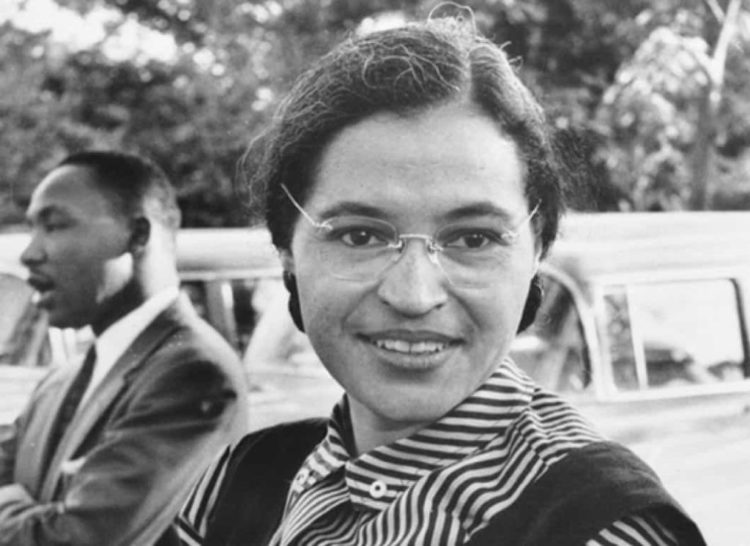
The Civil Rights Movement was fueled by everyday people full of courage who pushed for change. One woman, in particular, took a course of action that would accelerate changes in favor of equality in an unstoppable way. That brave woman was Rosa Parks.
Rosa got on the bus after having worked all day and the driver made her give her seat to a white passenger. There was no way she would budge from her seat and as a consequence, she was charged. This led to massive demonstrations and actions condemning the unjust system of racial segregation.
#8. Tantrums Have Consequences
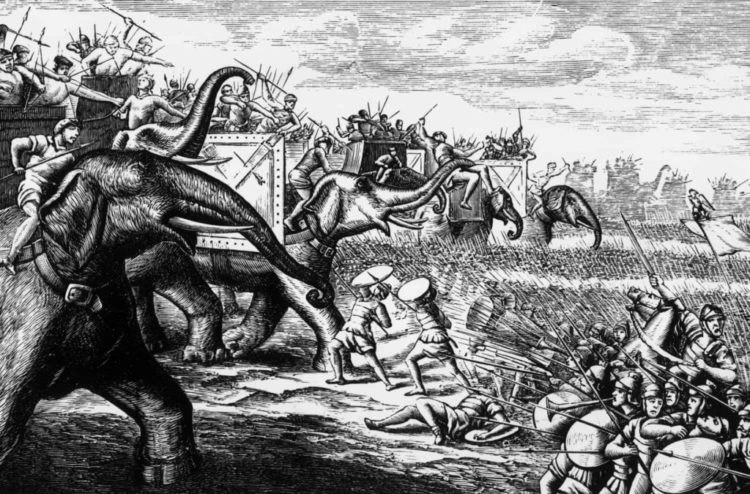
Hannibal is a curious historical figure that was born in 247 B.C. Along with some of his incredible feats, he had his mind set on conquering Rome. To do so, he decided to invade from the North, so as to use the element of surprise in his attack.
While going through the Alps, he encountered terrible weather. He threw a tantrum and hit the snow so hard that it caused an avalanche that took the lives of many of his men. As a consequence, he had a weaker army when he arrived and never conquered Rome.
#7. Assassination Averted
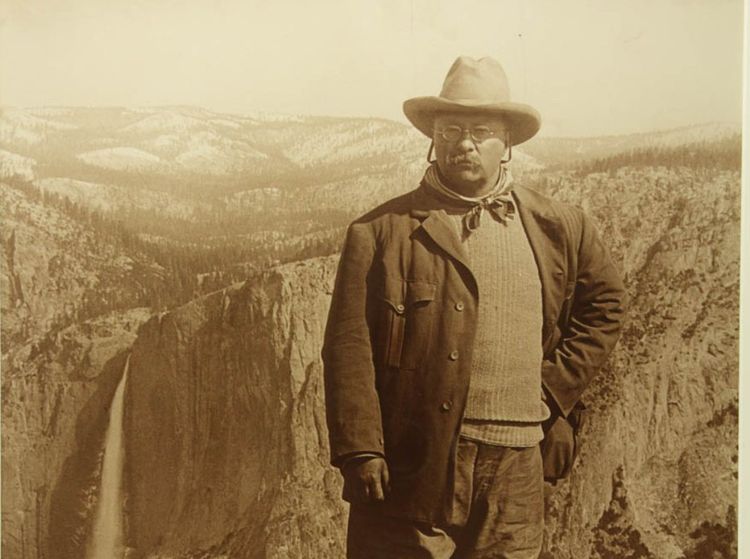
Theodore Roosevelt, known by many as Teddy, took office in 1901. He studied at Harvard and after he dropped out he had to participate in military service, where he became a war hero in 1912. While he was delivering a campaign speech a man suddenly aimed a gun at Teddy.
Luckily, the president had decided to hide his speech (a text of 50 pages, no less) and his eyeglass case (made of steel) on the inside of his jacket. These objects actually managed to soften the blow of the bullet and prevent the assassination of Roosevelt. Talk about being lucky…
#6. Operation Gone Wrong
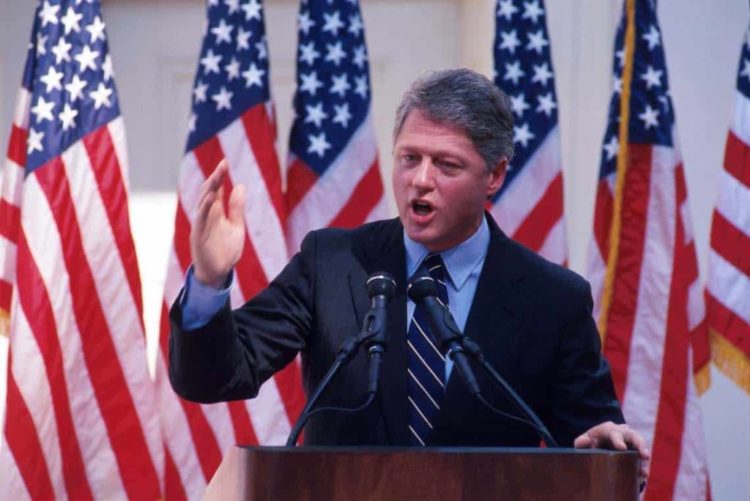
Osama Bin Laden is a well-known name in the United States since he was responsible for the 9/11 attacks in 2001. Even before that, he was a wanted terrorist, since the United States wanted to hold him responsible for others killings he had supposedly orchestrated.
Before the terrible terrorist attacks on the Twin Towers, Clinton made it known that the US Army had had its chance of taking out Bin Laden in Afghanistan. Because innocent people would have also fallen victim to the attack, the president rejected the idea, thus sparing the life of Bin Laden.
#5. Nazi General Goes On Holiday
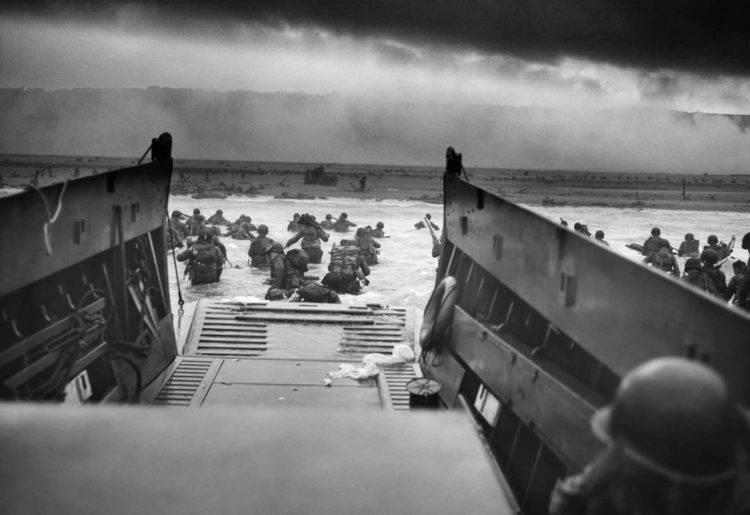
The invasion of Normandy was a key moment that played in favor of the Allies in 1944. At the moment of the invasion, the Nazi front suffered from a lack of leadership that severely damaged their chances of victory. The man in charge was General Erwin Rommel, a very important Nazi.
At the time the allied troops descended, the General was nowhere to be found and had decided to pay a visit to his wife in Berlin. This resulted in his absence during the confrontation, and we all know that the Normandy landings ended in a huge defeat for the Nazis.
#4. Bad Timing At Bay Of Pigs
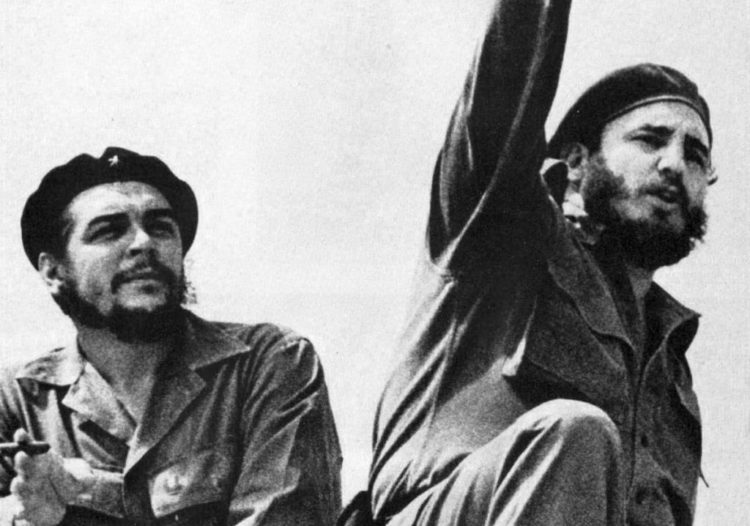
During the Cold War, the United States couldn’t tolerate having a communist country as its neighbor since this could tip the scales in favor of the Soviet Union. As a consequence, a series of plans began to take place in order to take down the new Cuban government led by Fidel Castro.
In addition to the multiple failed assassination attempts on the leader’s life, an invasion operation was planned. This infamous attempt was called The Bay Of Pigs. An error in coordination between land troops and the airforce led to its failure and the consolidation of Castro’s Regime.
#3. A Lost Paper In A Pocket Leads To Defeat
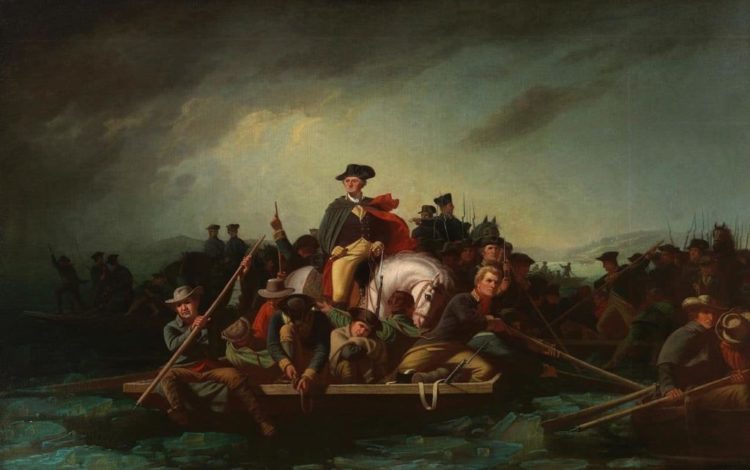
During the American Revolution, an officer by the name of Rall led the British troops during several battles. As a consequence of his actions, the revolutionaries were able to win Delaware only because of a piece of paper that he had forgotten about.
This particular paper was given to him by a loyalist spy and he quickly put the note in his pocket and forgot it. Unfortunately for him, the note had extremely important news: Washington was planning to attack. Rall didn’t survive during battle, and as a result, Washington was able to advance.
#2. False Alarm Missiles

During the Cold war, the Capitalist and Communist blocks lived in times of heightened tension. In 1983, the Soviet Air Defence Force Lieutenant Petrov made a decision that saved many lives. While he was working, his equipment detected the launch of six missiles coming from the United States.
In theory, this meant that he had to retaliate immediately by activating the nuclear weapon Armageddon. He discovered that the detection of the missile attack had actually been a false alarm. So Petrov decided to avoid direct orders and by doing so he maintained peace.
#1. Words Lead To Fall Of The Wall
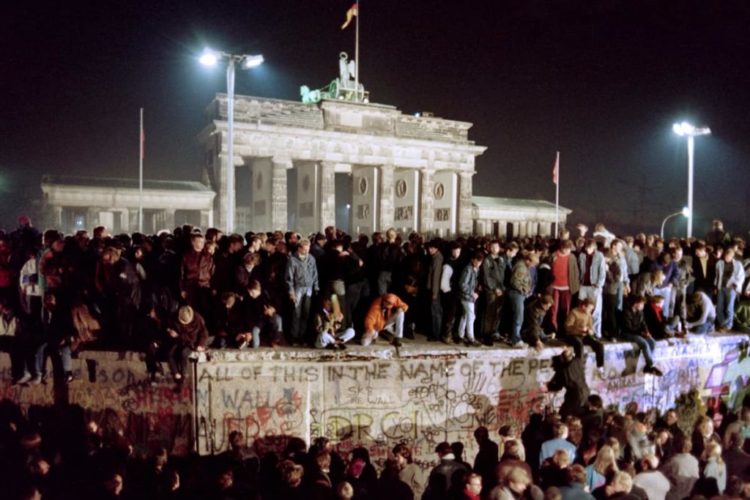
This photograph depicts an emblematic historical moment: the fall of the Berlin Wall. During the Cold War, the Berlin wall became a symbol: on one side was West Berlin, which belonged to the capitalist block, while on the other side was East Berlin, which belonged to the communist block.
An official in East Berlin decided to make a public statement and he accidentally stated that people would be allowed to move from East to West Germany. With these words, a mass of excited and optimistic Germans brought down the wall and many reunited with family and friends they hadn’t seen in years.
